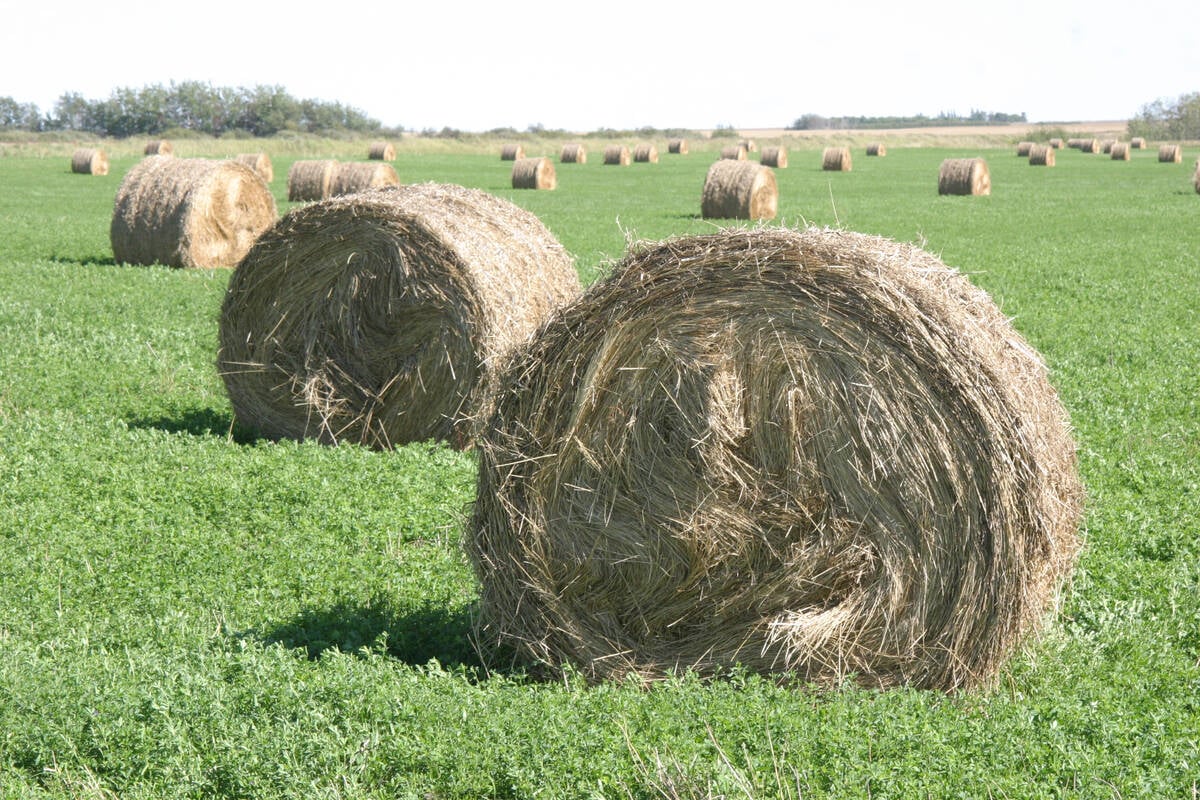Most hog producers are not spending much time thinking about their long-term outlook.
However, long-time pork industry leader Ted Bilyea says farmers have a reason to be optimistic about life after this crisis – if they do things right.
“The world market will be there,” Bilyea said during the Manitoba Swine Seminar.
“Whether you will be successful and profitable at getting at it (is another question).”
Bilyea painted a detailed picture of rapidly increasing Asian demand for meat, rapidly declining Asian ability to produce the grain and meat it will need and the potential in Canada to serve that market’s demands.
Read Also

Breaking down successful winter feeding into six steps
It’s that time of year when it is important to start planning for a cow herd’s winter feeding program. Here are six steps I think are necessary to consider when getting your feed tested.
“This is a big bucket that is going to have to be filled,” he said.
“We have the opportunity to serve these markets very, very well.”
However, the Canadian public is likely to demand ever-higher environmental and humane standards from producers.
They are concerned about climate change and are putting livestock producers under greater scrutiny for their part in the problem. The same is true with public concerns about animal welfare, which is now a mainstream issue.
Bilyea urged farmers to not ignore these issues or attack the activists who promote them, but instead embrace the challenge of meeting the public’s demands.
“You want to be on the right side of this thing,” Bilyea said.
That’s where Canadian pork producers’ competitive edge will come into play, he added. Canada has a good international reputation and should push that advantage.
However, that means going beyond labelling. Canadian producers need to focus on high quality, specialized pork products that are more than merely cheap, high quality, commodity pork. In an era of higher energy prices, which cause higher feed grain prices, bulk pork will likely bring a poor return.
Bilyea said producers will find lucrative markets in North America and Asia if they move out of bulk production and into specialized, high quality production.
“They’re going to pay you for it,” he said.















